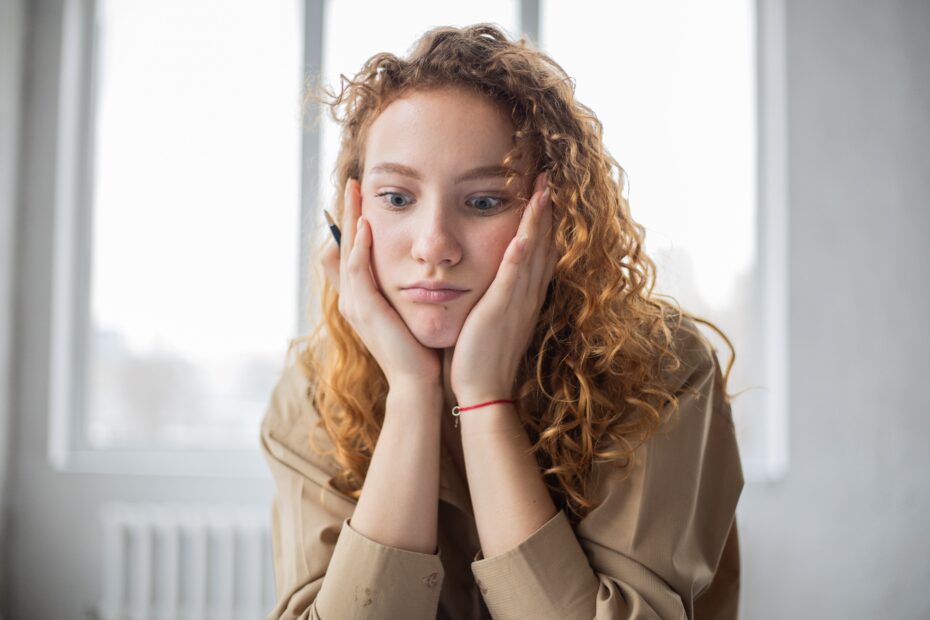Should save for a house? pros and cons –
What we're covering..
Introduction 👋
Buying a house can be really expensive. 💸
It takes a lot of effort to save up the money, find the right house, and wait for the purchase to go through.
But – is it worth it? 🤷♀️
Today we’re weighing up the pros and cons of buying a house!⚖️
Disclaimer: This website provides information for guidance and educational purposes only. The Grown-Up School does not provide regulated financial advice. You can seek independent financial advice from a suitably qualified and regulated professional advisor. Check out our disclaimer policy for more information.
The pros of buying a house 🙌
1. Making it yours 🎨
If you haven’t bought your home, the likelihood is that you’re renting a home off someone else.
One of the most frustrating things about renting is that your landlord (the person who owns the house) is in control of how the house looks! 👀
If you buy a house, you don’t have to put up with your landlord’s weird taste in decoration – you can make it your own!
This means you can easily do things like:
- Paint the walls 🖌️
- Put up pictures on the walls 🖼️
- Pick your own furniture 🛋️
- Refurbish the house – change the floors, kitchen units, bathrooms 🚽
and you don’t have to ask permission from a landlord!
2. Staying in the same place 📌
When you’re renting, it’s possible that you could be asked to leave by your landlord, or people that you’re sharing the home with. 👋
This can be frustrating because you don’t get to choose how long you live there, making it difficult to put down roots. 🌳
When you own a house, it’s easier to settle down, and stay there for the long run. 📆
3. Keeping your money 💸
When you rent a home, your money goes to the landlord. 🧑💼
If the value of your rented home increases, the landlord could make extra money from selling the house.
When you buy a home, your money goes towards your house instead! 🎉
If the value of your house increases, you could make extra money from selling your house.
Owning a house means that you’re not giving your money away to a landlord, but instead you’re investing it in your home. 🏡
4. Privacy 🤫
When you’re renting, it can be really annoying having to deal with your landlord coming to visit or “inspect” your home, or having housemates around all the time. 🥴
When you buy a house, you can enjoy a private place to enjoy with your loved ones.
5. Owning the house when you’re old 🧓
Once you’ve finished all the payments on the home, you’ll get to enjoy a house that is all yours! 🎉
This can be particularly helpful when you’re old and living off your savings. 🧓
Owning a fully paid off house when you’re older means that you don’t have to worry about paying rent every month to keep a roof over your head. 🏠
6. Fixing things yourself 🛠️
When you’re renting a house, it can be really annoying relying on your landlord to fix everything. 🤷♀️
Some landlords take ages to fix things, and when they do, they might pick the cheapest way of fixing it.
When you buy a house, you don’t have to wait for your landlord to fix things- you can:
- fix things straight away
- make sure things are fixed properly
- fix things so they look the way you want them to
7. Having control 💪
When you’re renting a house, you don’t have as much control around your living environment.
Some landlords can be fussy about things like:
- not letting pets in the house (although in some places this might be against the law)🐶
- letting people sleep at the house for long amounts of time 🛌
- how long you’re allowed to live in the house ⌚
- the temperature of the house 🌡️
- your job or the way you get money e.g. not renting to people who receive benefits/help from the government (although in some places this might be against the law) 💸
- your relationships e.g. not letting a romantic partner move in 💔
- not renting to people with children (although in some places this might be against the law) 👶
- not letting you put up pictures, decorate, or choose the furniture 🛋️
If you buy a house, you can be in more control. 💪
The cons of buying a house 👎
1. Moving is more difficult 🗺️
When you own a house, moving can be really difficult.
If you own a house and want to move, you have to think of things like:
- The cost of selling your house
- Finding someone to buy your house
- Getting accepted to buy a new house with your mortgage loan (The money you’ve borrowed to buy a house – What is a mortgage? 🏡)
If you rent on the other hand, it can be a lot easier to move around. 🚗
2. Negative equity 😬
House prices go up and down all the time. 🎢
Once you’ve bought a house, the price could do down, and you could end up in “negative equity”. ⬇️
Negative equity is where your home is worth less than the price you bought it for. 📉
For example, if you took out a £110,000 loan to buy a house, but a month later the value of the house dropped to £100,000 – you’d be in £10,000 negative equity.
This is because the house is worth £10,000 less than the loan you’ve got on the house. 🏠
Negative equity can make it difficult to:
- sell your home (because you might not be able to sell the house for enough money to fully repay the loan) 🏷️
- move house – you might need to repay the difference with your savings! 🚚
- switch your mortgage deal to something cheaper 🔀
If you rent a house on the other hand, the landlord takes care of the house finances, so you don’t have to worry about them!
3. Expensive deposits 💰
When you buy a house, you have to put a big chunk of money towards buying it – this is called a deposit. 💸
The average house price in the UK in 2022 is £281,000.
This means at a minimum you would need a deposit of either:
- £14,050 (for a 95% mortgage, where you borrow 95% of the value of the house – these types of mortgages aren’t always available because they’re lending you a lot of money)
- £28,100 (for a 90% mortgage, where you borrow 90% of the value of the house)
- £42,150 (for an 85% mortgage, where you borrow 85% of the value of the house)
This is a lot of money to save up! 😟
4. Keeping up with mortgage payments 🏃♀️
If you don’t keep up with your mortgage payments, your house could be taken back off you (repossessed). ☹️
It’s a big commitment to make sure you keep up with all of your mortgage payments!
5. Money that could be used elsewhere 💸
Whether it’s:
- Paying a huge deposit
- Buying things like buildings insurance to protect your home
- Paying lots of fees towards buying your house e.g. tax, legal fees etc.
- Putting money towards maintenance/repairs/refurbishing the house
- Paying your mortgage off
buying a house can be expensive. 💰
It’s important to consider if you’re happy with your money going towards this, or whether you’d want to use your money elsewhere! 🤷♀️
6. Paying for everything! 💳
When you buy a home, you have to pay for everything!
This could mean sorting out things like:
- plumbing – paying plumbers
- building – paying builders
- making sure the heating is safe/working – paying heating engineers
- electricians – paying electricians
to make sure that your house is a comfortable and safe place to live in.
If you rent on the other hand, these are things that your landlord usually sorts out! 🤷♀️
The verdict 👩⚖️
So – buying a house could be a good thing or a bad thing, depending on your circumstances!
Saving for a house might be a good idea for you if you:
- want a house to make your own 🎨
- are happy staying in the same place 📌
- want to keep your money instead of paying it to a landlord💸
- want more privacy 🤫
- would like to own a house for when you’re old 🧓
- want to fix things yourself instead of waiting for a landlord to do it🛠️
- want to have more control 💪
Saving for a house might NOT be a good idea for you if you:
- want to move around 🗺️
- don’t want to risk negative equity 😬
- don’t want to pay an expensive deposit 💰
- would struggle to keep up with mortgage payments 🏃♀️
- would want to use your house money elsewhere 💸
- don’t want to pay for everything! 💳
Conclusion 👍
So that’s it!
Buying a house can be both a good thing, and a bad thing, depending on your circumstances.
Hopefully you’re feeling more confident about understanding house buying.
If you know any friends or family members who might benefit from learning about house buying, share this post with them!
Finally, don’t forget to check out our similar articles below!
Similar articles to “Should I save for a house? – pros and cons” ⬇️
How to use social media without hurting your mental health 🩹
What am I good at? 25 valuable skills
10 ways to be less hard on yourself 💖
133 ways to make someone feel special 💖
🎓
Follow us!
for free daily Grown-Up lessons 🙌🎉



